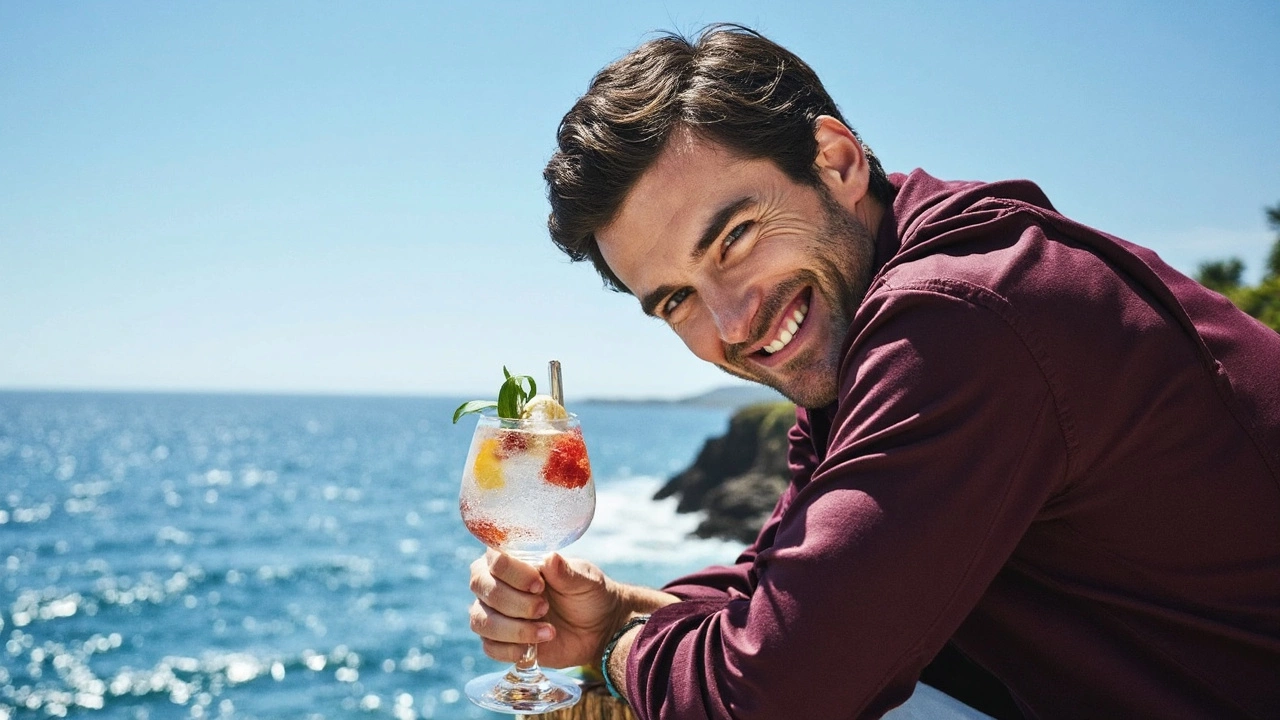Platonic Affection Hits Center Stage
Ever notice how hugging a close friend at the airport gets approving nods, but anything more—like a quick peck—turns heads? Not your usual scene, right? Lately, actors Scarlett Johansson and Jonathan Bailey have landed in the spotlight for exactly that. Throughout the press tour for their latest film, platonic affection between the two took center stage. Instead of following the perfectly engineered script of celebrity greetings, these two greeted each other with public kisses—on the lips, no less. Cue the internet chatter.
It's a big deal because it messes with the assumptions most of us carry about friendship and intimacy. For decades, western society has drawn a thick line: hugs and handshakes for friends, kisses and more for lovers. Anything that brushes against that boundary tends to ruffle feathers or spark awkward conversations. But why? Are friendships not just as complicated, caring, and essential as romantic relationships?
Rethinking Old Boundaries
The reality is, friends show up during rough patches, celebrate your wins, and sometimes stick around longer than most romantic partners ever will. Why should expressing that bond with something as simple as a peck on the lips raise eyebrows? Both Johansson and Bailey seem to think it’s time to rethink those old, restrictive ideas. In fact, all their interactions have been totally above board: both consenting adults, comfortable in the spotlight and with each other. No tension, no mixed signals—just connection and friendship, plain and simple.
This isn’t about blurring the lines between lovers and friends. It's about challenging the hidden rule that says only romantic partners get access to unfiltered affection. Plenty of people—and not just celebrities—feel a little too boxed in by that rule. Ever wanted to throw your arms around a buddy or rest your head on a friend’s shoulder without anyone reading into it? Join the club. Human touch isn’t just for romance; it’s about comfort, love, and belonging. When you label all affection as 'romantic only,' you’re shrinking the emotional toolbox people have to support one another.
The conversation goes beyond Hollywood. The world has become a lot more open in recent years—public displays of support, affection, and even identity are showing up everywhere. It’s not lost on anyone that cutting off all physical gestures between friends has roots in old-school prejudice and outdated ideas about gender roles. Representation matters, and honest, affectionate friendships help move the needle. Why close the door to healthy, meaningful displays of care, just because the feeling isn’t romantic?
More and more people are speaking up about how their closest friendships have made them who they are—more so than fleeting flings or relationship drama. Isn’t it about time we celebrated that, even with a kiss on the cheek or a warm squeeze? Sharing vulnerability and affection with friends sends a message: connection doesn’t have to look the same for everyone. If it’s genuine and no one feels uncomfortable, it should be just as acceptable to show love for your friends as for your partner.
So, maybe the next time you see two friends share a quick kiss or an extra-long hug, you’ll pause before jumping to conclusions. The world’s full of different ways to say, 'Hey, I care about you.' And sometimes, that’s the real news.

Arlen Fitzpatrick
My name is Arlen Fitzpatrick, and I am a sports enthusiast with a passion for soccer. I have spent years studying the intricacies of the game, both as a player and a coach. My expertise in sports has allowed me to analyze matches and predict outcomes with great accuracy. As a writer, I enjoy sharing my knowledge and love for soccer with others, providing insights and engaging stories about the beautiful game. My ultimate goal is to inspire and educate soccer fans, helping them to deepen their understanding and appreciation for the sport.
view all postsWrite a comment